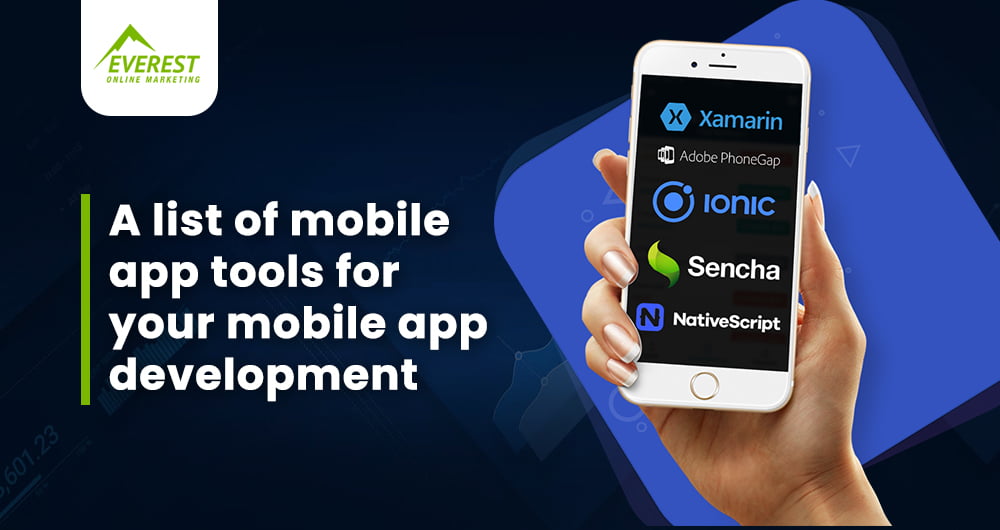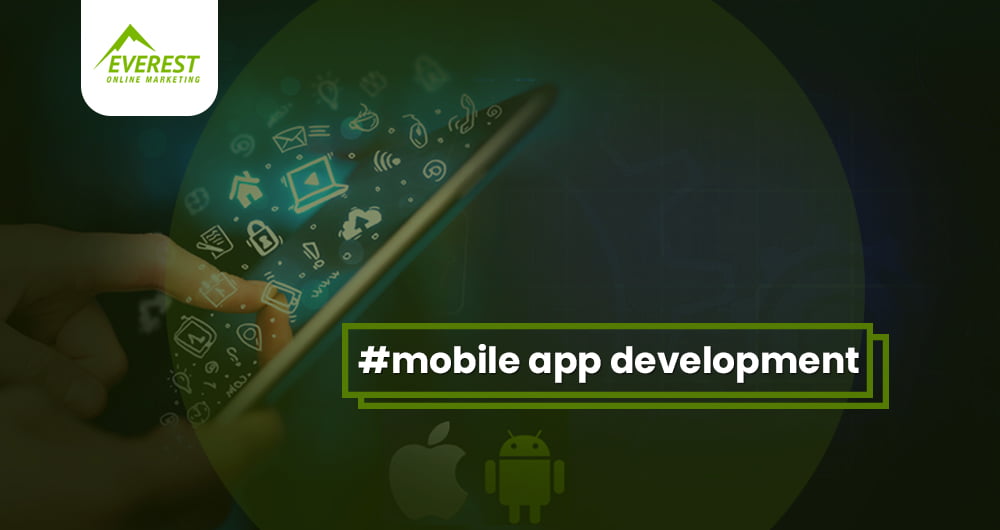A big portion of each individual’s everyday life is typically spent in the use of his or her mobile device. Surveys have shown that we are actually spending more of our digital time using our own smart mobile devices. Furthermore, as recorded, we spend about 80% of our time on our own mobile devices using different applications.
Having said that, today, mobile applications have increasingly become the predominant form of digital interaction. This is mainly because:
- Mobile applications provide user experience which even responsive websites are unable to give.
- Internet of Things (IoT) gadgets are mobile app centric.
Whether it is a mobile phone, a tablet, an iPad or any other smart device, businesses are now required to have their own mobile apps. This allows businesses to give consumers all the information that they need.
For business owners, no matter what your brand is or no matter what type of business you have, your own mobile application will greatly help you retain your customers or add some more to your list of customers.
Mobile Application
A mobile application is a type of software application created for user experience. This mainly for small and wireless computing devices like smartphones and tablets. A mobile app is typically categorized into three types:
Mobile Application Development
On the other hand, mobile application development are processes and procedures involved in creating software for small, wireless computing devices.
Mobile apps are usually created specifically for its own unique feature (i.e. a gaming app may make use of apple’s accelerometer or a health app may make use of a smartwatch’s temperature sensor).
As for business owners with a little knowledge when it comes to mobile app development. If you are thinking of having your own mobile app, be prepared to allot a budget for it. Not to mention having to hire the best people with the right expertise to cater to your mobile app needs.
Note that in creating your own mobile app, you have to make use of the right mobile app tool for your mobile app development. Choosing the right tool will determine the quality and capability of your app.
Moreover, changing it in the future will require a complete rework. Doing so will strongly require you more time and added expenses.
To help you ignore all aforementioned nuances in the future, we have listed several mobile app tools to help you save a good portion of your money and time:
- Xamarin – it is a Microsoft product designed to build native apps. Based from experts, your mobile app will be guaranteed with safety in terms of: critical security threats, technology updates and unexpected termination of service.
- Ionic – this type of mobile app tool is designed to create hybrid mobile apps. Ionic has a complete open-source SDK that can help build hybrid mobile apps using CSS, HTML 5 and SASS.
- Sencha – this is a MVC-based JavaScript framework that allows developers to use it with a touch of fingertips. For business owners who want a native app that is also compatible with the latest versions of IOS, Android and Blackberry, this is a good ideal choice.
- Appcelerator – whether it is a native app or a cross-platform application, an appcelerator usually accelerates the app development process. This tool allows developers to create an app with fewer codes. Its features are specifically: APIs and UI.
Choosing the right tool to use for your mobile app development may be considered as one of your investments. Before making a decision, you have to first determine your requirements and compare it to each tool’s features.



Leave A Comment
You must be logged in to post a comment.